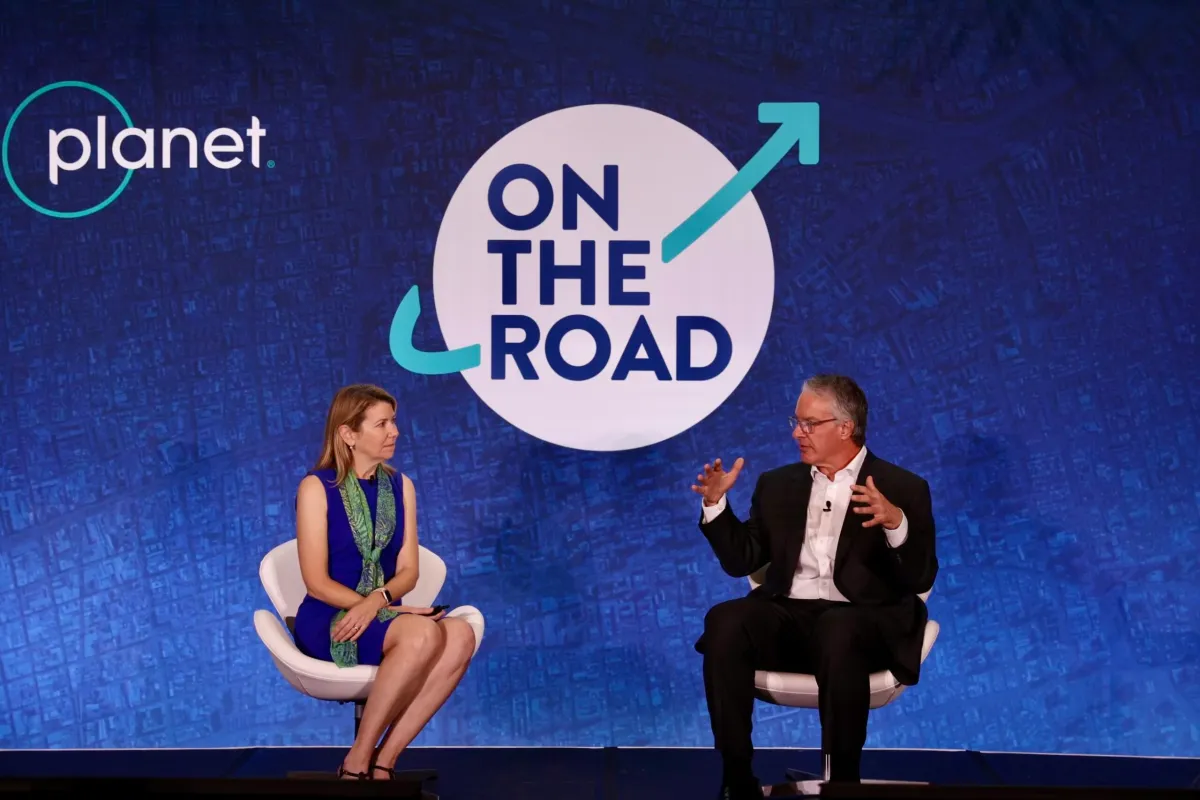Planet Labs, renowned for its daily Earth imagery via small satellites, is intensifying its focus on leveraging artificial intelligence (AI) to transform vast image data into actionable intelligence, despite cautioning against overhyping AI’s capabilities.
Troy Toman, Senior Vice President of Product and Software Engineering at Planet, emphasized the company’s evolution in understanding customer needs beyond mere imagery during an event near Washington, D.C., on June 12 aimed at U.S. government clients.
“While capturing the entire planet every 24 hours is undeniably cool, customers don’t just want pictures—they crave actionable intelligence,” Toman stated, reflecting on Planet’s strategic shift over the years.
Planet began investing in machine learning projects in 2017 with ambitions to offer solutions like ship detection and infrastructure monitoring. However, Toman noted that AI’s true potential requires deep domain expertise and contextual knowledge to deliver meaningful insights.
“With AI tools today, you can do powerful use cases in seconds, but substantive solutions demand extensive expertise and situational knowledge,” Toman added.
In April, Planet launched an “insights platform” integrating data from its satellite constellation and other sources, using AI to analyze and generate actionable insights.
“We use AI to sift through vast amounts of data and quickly pinpoint relevant information,” Toman explained, highlighting the platform’s capabilities in applications such as tracking illegal vessels and agricultural planning in Ukraine.
The company downloads a staggering 30 terabytes of data daily from its satellites, processed by about 80,000 servers. Toman underscored AI’s role in managing this data deluge efficiently.
“Our partnership with SynMax exemplifies how AI enables us to provide accurate maritime surveillance,” Toman noted, stressing the technology’s indispensable role in transforming raw data into court-admissible intelligence.
Discussing the geopolitical landscape, Maj. Gen. Gregory Gagnon of the Space Force underscored the U.S. military’s increasing reliance on commercial satellite imagery, citing concerns over China‘s rapid space capabilities.
“The competition between the U.S. and China necessitates swift advancements in both sensor technologies and commercial partnerships,” Gagnon remarked during a fireside chat.
Looking ahead, Planet plans to deploy AI models directly on satellites through on-orbit computing, aiming to expedite critical identifications in real-time.
“Launching our Pelican-2 satellites with Nvidia’s AI platform onboard represents the next phase of AI in Earth observation,” Toman highlighted, outlining Planet’s commitment to advancing satellite capabilities.
The company’s AI-driven approach aligns with its strategic goals, particularly in expanding its government sector footprint, which has been pivotal to its recent growth.
Dave Gauthier, Chief Strategy Officer at GXO Inc., emphasized Planet’s shift towards providing actionable insights as a pivotal evolution in the company’s trajectory.
“In the beginning, it was about daily Earth imaging; today, it’s about delivering insights,” Gauthier noted during a panel discussion.


